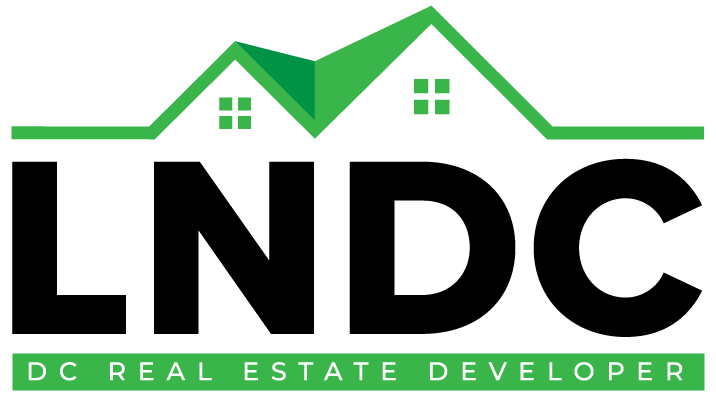How to Buy a Pre-Construction Home Without Losing Your Mind (Or Your Deposit)
Buying a pre-construction home can feel like a leap of faith—but it’s one that could land you in your dream space. If you’ve ever thought about skipping the bidding wars and going straight to a brand-new home, then learning how to buy a pre-construction home is your golden ticket.
Let’s break it down in the most human-friendly way possible.
What Does Buying Pre-Construction Actually Mean?
Buying a pre-construction home means you’re purchasing a property before it’s actually built. You’re investing in a blueprint, a vision, and a whole lot of promises. The good news? You get a brand-new home, often at today’s prices, before the market shifts again.
At LNDC, we’ve helped countless buyers navigate the process with confidence—and even a little excitement.
Step 1: Know What You’re Getting Into
Before signing anything, do your research on the real estate developer and the community. Check their completed projects, timelines, and buyer reviews. You’ll want to make sure they’re reliable, financially sound, and have a solid track record.
Start by checking out LNDC’s properties on market or take a sneak peek at our upcoming projects. You’ll find details on location, floor plans, and design features.
Key Questions to Ask:
- Is the builder reputable and licensed?
- Are there warranties on construction and appliances?
- What finishes are standard vs. upgrades?
- What’s the estimated timeline for completion?
If it all sounds good, grab your metaphorical hard hat—it’s go-time.
Step 2: Lock It In (Without Getting Locked Out)
Once you choose a development, it’s time to reserve your unit or lot. This usually involves putting down a reservation deposit, which varies depending on the developer and the project’s stage.
Don’t skip reading the fine print. Your purchase agreement will outline everything from price to completion timelines to cancellation policies.
💡 Pro tip: Some developers like LNDC may offer flexible terms or early-buyer incentives. Don’t be shy—ask what’s available!
Step 3: Secure Financing (The Right Way)
Getting pre-approved for a mortgage is smart, even if your home won’t be ready for a year or more. You’ll have a better idea of your budget, and sellers will know you’re serious.
Depending on the timeline, your lender may lock in a rate or ask for re-qualification closer to the completion date. Either way, work with a lender who’s experienced with new construction home financing.
Step 4: Watch the Magic Happen
Construction can take several months to over a year, depending on the project size and permits. During this time, your builder will provide updates, and you may be invited to walkthroughs at different stages.
Expect a few delays—weather, permits, and material shortages are all part of the process. But with the right builder, it’s worth the wait.
Want to stay in the loop on future builds? Bookmark LNDC’s upcoming communities so you don’t miss the next launch.
Step 5: Inspect, Close, Move In (and Celebrate)
Before closing, you’ll get a pre-delivery inspection (PDI). This is your chance to catch any construction issues or missing items. Don’t be afraid to point things out—it’s your home!
Once everything is approved, it’s time to close. You’ll sign the paperwork, get your keys, and take that celebratory selfie in front of your brand-new door.
Is Pre-Construction Right for You?
Buying a pre-construction home is great if:
- You want a customized, modern home
- You’re flexible on your move-in timeline
- You like being part of a new and growing community
- You’re comfortable working with plans and renderings
But it might not be ideal if:
- You need to move in ASAP
- You’re not comfortable with potential delays
- You prefer seeing the finished product before you commit
Still unsure? Reach out to our team and we’ll help walk you through the process—no pressure, just good advice.
Final Thoughts: Patience Now, Reward Later
Learning how to buy a pre-construction home isn’t rocket science—but it’s not like buying a pair of sneakers either. It takes a bit of homework, some trust, and a sprinkle of patience.
But when you walk through the front door of a home that no one else has ever lived in—designed just the way you want—it’s absolutely worth it.
Ready to make the first move? Explore the LNDC homepage or get in touch today and let’s build your future together.











